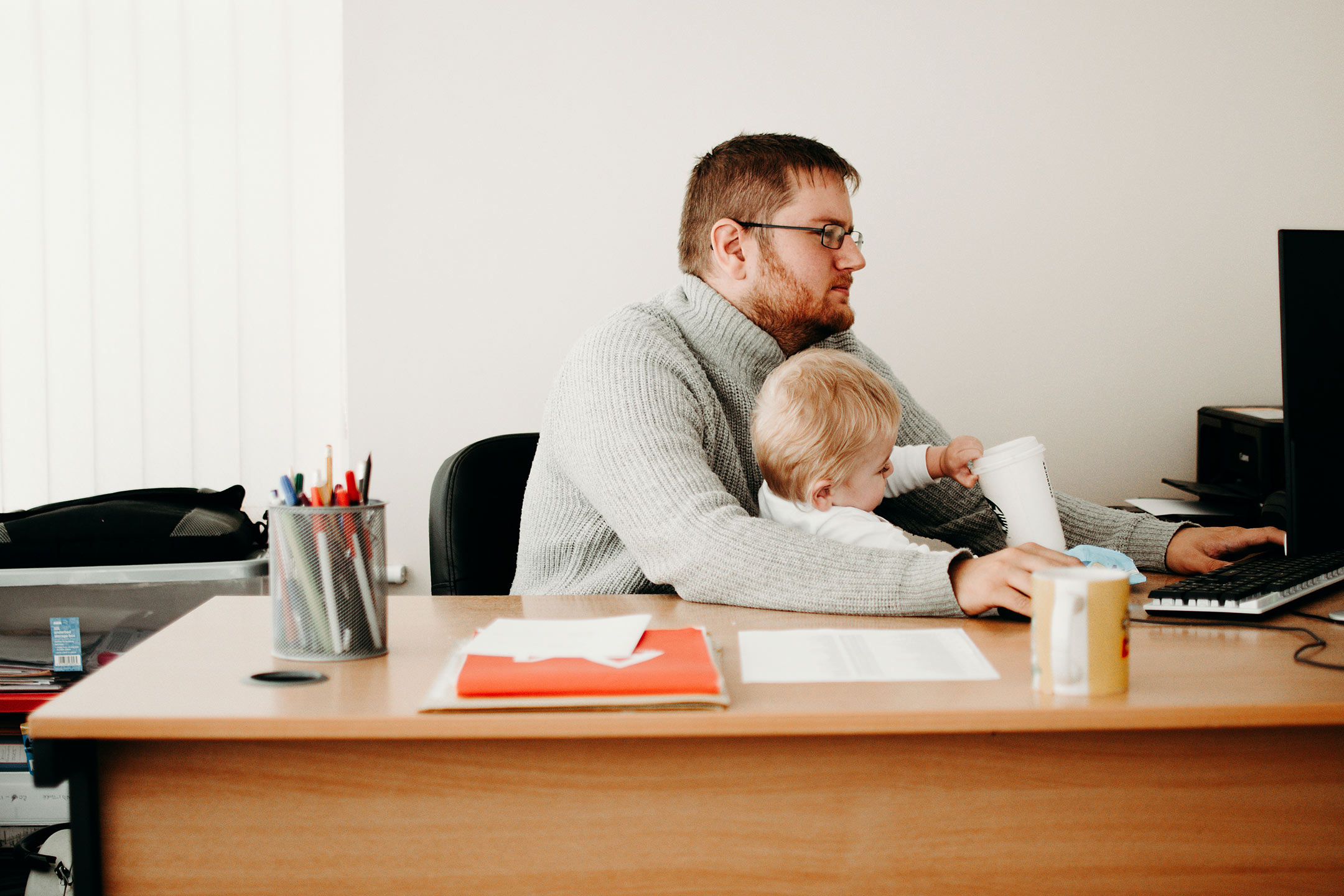
12 Oct Charles Darwin University Calls for Parental Leave Reform
Law experts from Charles Darwin University (CDU) are advocating for significant reforms to Australia’s parental leave system, emphasizing the need for substantial increases in paid parental leave. Their research indicates that Australia lags behind other countries with similar economies in terms of parental leave entitlements.
Current Parental Leave in Australia: Australia’s national parental leave scheme, established in 2011, offers eligible parents 18 weeks of paid parental leave at the national minimum wage.
Comparison with Other Countries: CDU researchers Dr Guzyal Hill and Zarah Denese Ramoso compared Australia’s parental leave policies to those of other Organisation for Economic Co-operation and Development (OECD) nations. They found significant disparities:
-
- Canada offers 55 weeks of paid parental leave.
- Germany provides 76 weeks of paid parental leave.
- Sweden offers an impressive 92 weeks of paid parental leave.
Gender Equality: The researchers pointed out that Australia’s parental leave scheme lacks specific provisions for paid maternity leave, in contrast to the mentioned countries which provide paid maternity leave. This deficiency contradicts Australia’s objective of promoting gender equality in the workforce.
Challenges for Australian Women: Without adequate paid parental leave, Australian women face tough choices, such as returning to work early or using childcare services. These choices can be less than ideal for the well-being of infants, especially considering their weaker immune systems at around four and a half months old.
Financial Strain: Remaining on unpaid leave or returning to work prematurely can strain a family’s finances, particularly in the context of Australia’s rising inflation rate.
Suggestions for Reform: Dr. Hill and Mrs. Ramoso have proposed several reforms to improve the well-being of mothers and babies. They recommend extending paid parental leave to a total of 52 weeks, allowing parents to stay with their young children during the crucial first year of development.
World Health Organization Recommendation: The World Health Organization (WHO) recommends a minimum of 26 weeks of parental leave, a target set by the Commonwealth government to be achieved by 2026. Dr. Hill and Mrs. Ramoso question whether this is sufficient and argue for greater changes.
Supporting Families and the Next Generation: The Law experts stress the importance of supporting parents, particularly in a country with an aging population like Australia. They assert that reforming the paid parental leave landscape is crucial to ensuring the well-being and development of the next generation.
CDU law experts are urging the Australian government to significantly increase paid parental leave, citing the need for reforms to align with international standards and better support families, mothers, and infants during the critical first year of development. They argue that such reforms are essential for the well-being of the next generation in Australia.
Dr. Hill and Mrs. Ramoso have launched their academic research book titled “Balancing Work and New Parenthood”, which examines Australian parental leave provisions and compares them with their counterpart provisions in Canada, Germany, and Switzerland. Following this comparison and analysis, they have recommended amendments to the Paid Parental Leave Act 2010 for those interested in their work.

